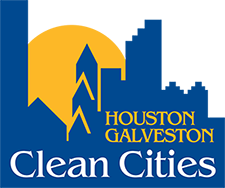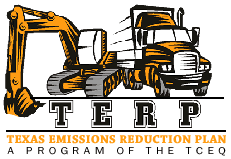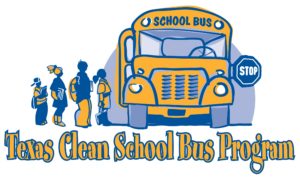 On December 15, 2016, the U.S. DOE Vehicle Technologies Office (VTO) issued a Fiscal Year 2017 Program-Wide Funding Opportunity Announcement (FOA) to support research and development of advanced vehicle technologies, including batteries, lightweight materials, and advanced combustion engines, as well as innovative technologies for energy efficient mobility. Investments in advanced, energy efficient transportation technologies and systems will improve our nation’s energy security, support energy independence, reduce transportation emissions, and strengthen U.S. economic competitiveness.
On December 15, 2016, the U.S. DOE Vehicle Technologies Office (VTO) issued a Fiscal Year 2017 Program-Wide Funding Opportunity Announcement (FOA) to support research and development of advanced vehicle technologies, including batteries, lightweight materials, and advanced combustion engines, as well as innovative technologies for energy efficient mobility. Investments in advanced, energy efficient transportation technologies and systems will improve our nation’s energy security, support energy independence, reduce transportation emissions, and strengthen U.S. economic competitiveness.
The funding opportunity seeks projects in four areas of interest that apply to light, medium, and heavy-duty on-road vehicles, energy efficient mobility, and transportation infrastructure systems:
- Battery500 Seedling Projects – This topic seeks proof-of-concept, or seedling projects, that complement the VTO Battery500 Consortium’s research to more than double the specific energy (to 500 watt-hours per kilogram) of lithium battery technologies which will result in smaller, lighter weight, less expensive battery packs, and more affordable electric vehicles.
- Integrated Computational Materials Engineering (ICME) Development of Low Cost Carbon Fiber for Lightweight Materials – This topic seeks to develop low-cost carbon fiber while advancing ICME techniques to accelerate the development-to deployment lead time in all lightweight materials systems.
- Emission Control Strategies for Advanced Combustion Engines – This topic aims to develop and demonstrate catalyst materials and after-treatment strategies that enable vehicles with advanced combustion engines to significantly improve fuel economy while meeting near-zero emissions standards.
- Energy Efficient Mobility Systems Research and Development – This topic seeks to support proof-of-concept research to develop concepts that support future transportation scenarios that maximize the energy efficiency of people and/or goods movement.
Prospective applicants are encouraged to review the Notice of Intent or the full FOA posted to EERE Exchange to learn about steps that can be taken to prepare for applying to the potential FOA. Information is also available on Grants.gov.








 On June 7, 2016 the Department of Energy (DOE) re-designated the Houston-Galveston Clean Cities Coalition (HGCCC) as an official Clean Cities program for the next three years. The HGCCC continues to move forward with data collection for both quarterly Alternative Fuel Price Report and the Alternative Fuel Data Center’s fueling station locator. The DOE praised HGCCC with the wide range of assistance programs offered by the coalition. Offering training for mechanics , code officials/ first responders, and gap loan program for small companies.
On June 7, 2016 the Department of Energy (DOE) re-designated the Houston-Galveston Clean Cities Coalition (HGCCC) as an official Clean Cities program for the next three years. The HGCCC continues to move forward with data collection for both quarterly Alternative Fuel Price Report and the Alternative Fuel Data Center’s fueling station locator. The DOE praised HGCCC with the wide range of assistance programs offered by the coalition. Offering training for mechanics , code officials/ first responders, and gap loan program for small companies.